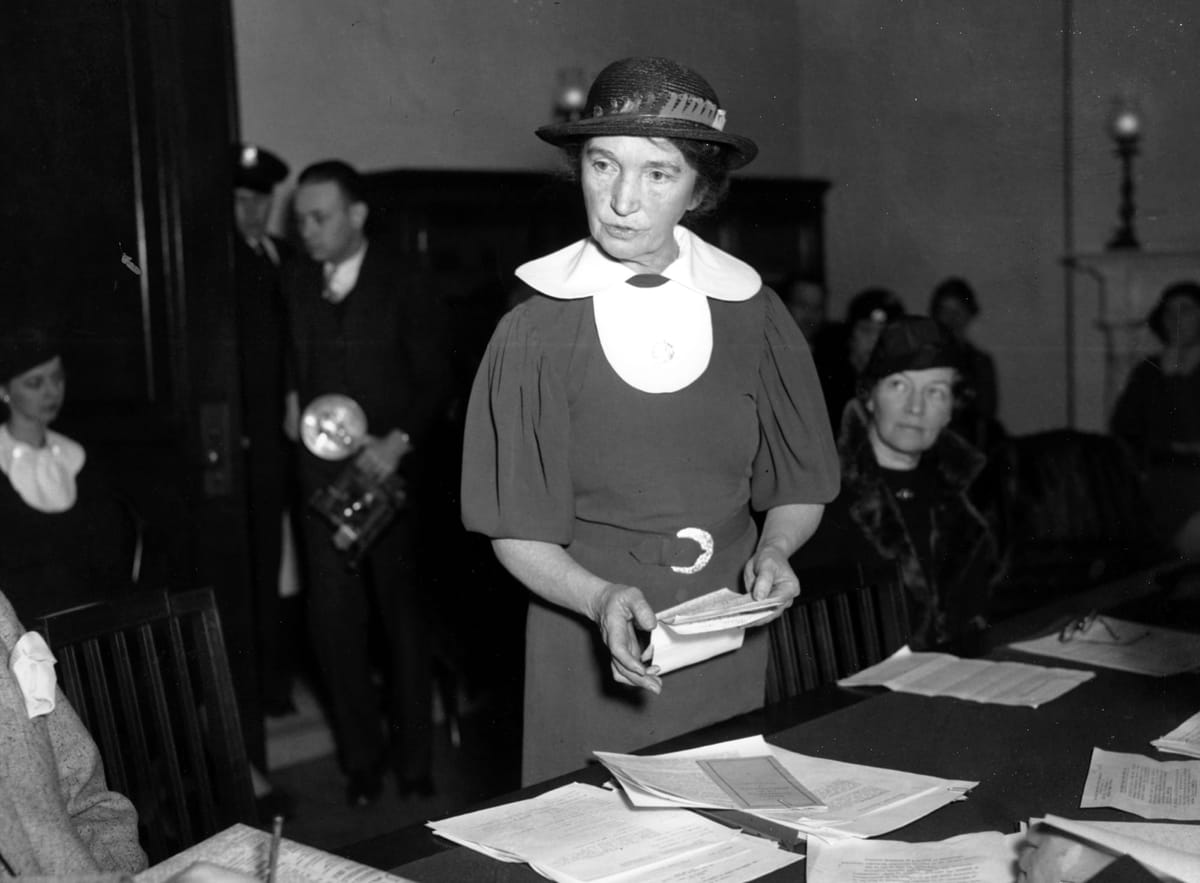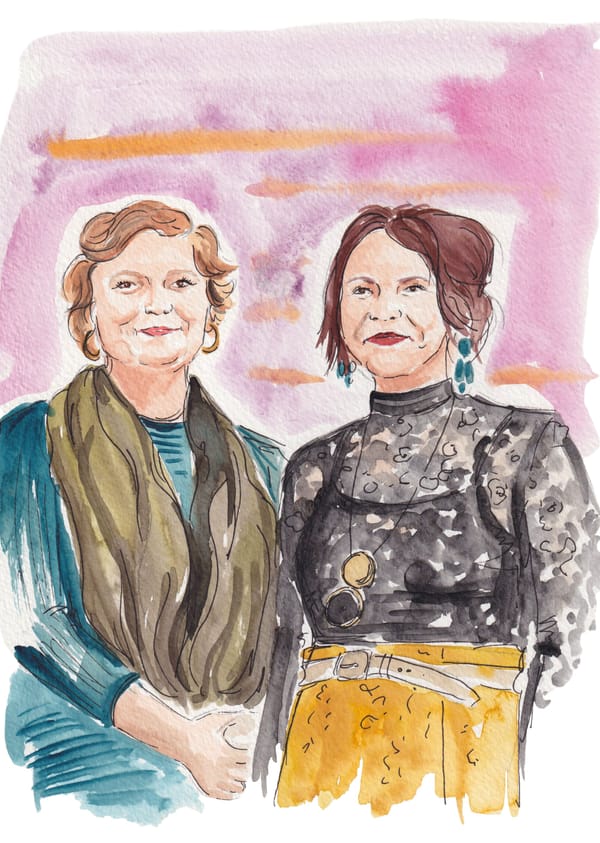The Complicated Legacy of Margaret Sanger
The founder of Planned Parenthood advanced women's rights immeasurably. But many of her views were far from progressive.

On September 14, 1879—145 years ago this coming Saturday—Michael Hennessey and Anne Purcell Higgins, Irish Catholics who had settled in Corning, N.Y., welcomed yet another baby into the world, a daughter. They named her Margaret.
Lest you imagine that Margaret, as the sixth child in the family, might have also been the last, think again. Her mother, Anne, would end up conceiving 18 times and giving birth to 11 live babies before dying of tuberculosis at the age of 50. And it was this life of prolific reproduction—a life shaped by the ecstasy and agony of pregnancy and birth and miscarriage—that would end up defining Margaret’s life.
In the historical canon of notable American women, Margaret Sanger—as she became known through her marriage to William Sanger—distinguished herself as being particularly complicated.
On the one hand, she was a staunch labor activist who fiercely believed that the ability to control family size was critical to safeguarding women from poverty and destitution. On the other hand, she had connections to the eugenics movement. And while eugenics was not her main mission as a birth control advocate, there is plenty of evidence that Sanger did buy into the notion of eugenics—at least to an extent.
“Sanger saw the value of birth control science in preventing birth defects,” wrote Debra Michals, a feminist historian, in a 2017 article for the National Women’s History Museum. “And although she disagreed with the racial and class focus of the eugenics movement, her association with it tarnished her reputation.”
Sanger’s primary mission was to give women the ability to make their own reproductive choices. And yes, in her pursuit of this mission, she made harmful, hurtful and ethically abhorrent statements in support of eugenics. But was she an evil racist driven purely by an inhumane desire to weed out the weak and create a racially homogeneous population? The evidence suggests that it wasn’t that simple. It rarely is.





